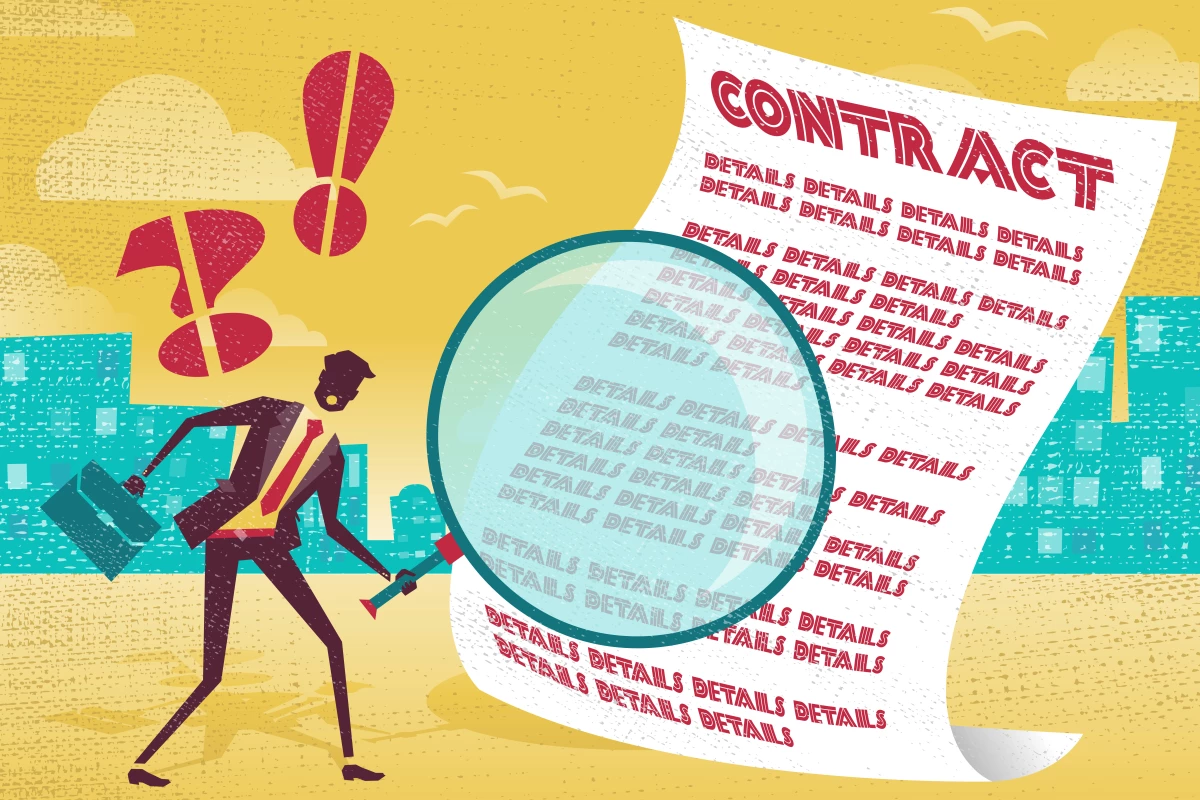Running for over 30 years, the Ig Nobel Prizes serve as a good-natured counterpoint to the sometimes stuffy and impenetrable Nobel Prizes. The Ig Nobels are not about ridiculing absurd research but instead they celebrate the stranger side of science – focusing on those discoveries that can make you laugh and then make you think.
This year’s winners span 10 categories, covering a variety of sciences, from Physics, Biology and Medicine, to Engineering, Economics and Literature. During the award ceremony acceptance speeches are limited to 60 seconds, in the spirit of challenging scientists to succinctly encapsulate their findings.
One highlight this year came from the winner of the Literature prize. A trio of cognitive scientists set out to investigate a classic problem: why are legal documents so notoriously hard to understand?
In a paper titled “Poor writing, not specialized concepts, drives processing difficulty in legal language,” the researchers deployed a variety of analytical techniques to come to the conclusion that it’s not necessarily your fault if you can’t understand many legal documents. Turns out bad writing makes many legal papers unnecessarily complex.
In the spirit of clarity the researchers each only offered a single word to sum up their findings during the award ceremony. Those words were "superfluous," "gratuitous" and "esoteric."
Another winner that perfectly encapsulated the weird science at the core of the Ig Nobels took out the Biology prize. For their study, a pair of Brazilian biologists investigated how some species of scorpions die of constipation after losing their tails.
Known as autonomy, the technique is a defense mechanism where the scorpions detach their tails to escape a predator. The new research discovered that after losing their tail, the scorpions live for several months, still able to mate, before they ultimately die of constipation.
Other highlights from this year’s winners include the Engineering prize for research studying the most efficient way to turn a doorknob, the Medicine prize for a study demonstrating how adding ice cream to certain types of pediatric cancer therapies can improve outcomes, and the Art History prize awarded to scientists who self-tested ancient Mayan medicinal enemas.
Watch the complete, highly entertaining award ceremony below.
Source: Improbable Research




